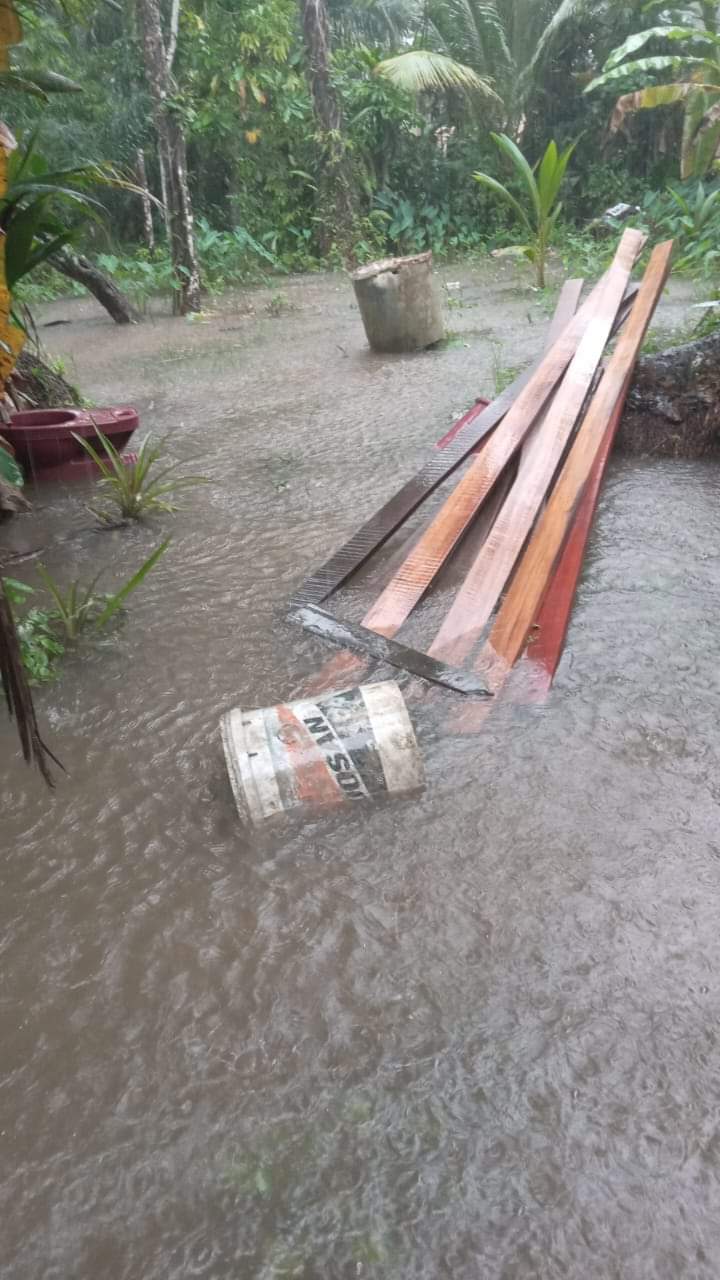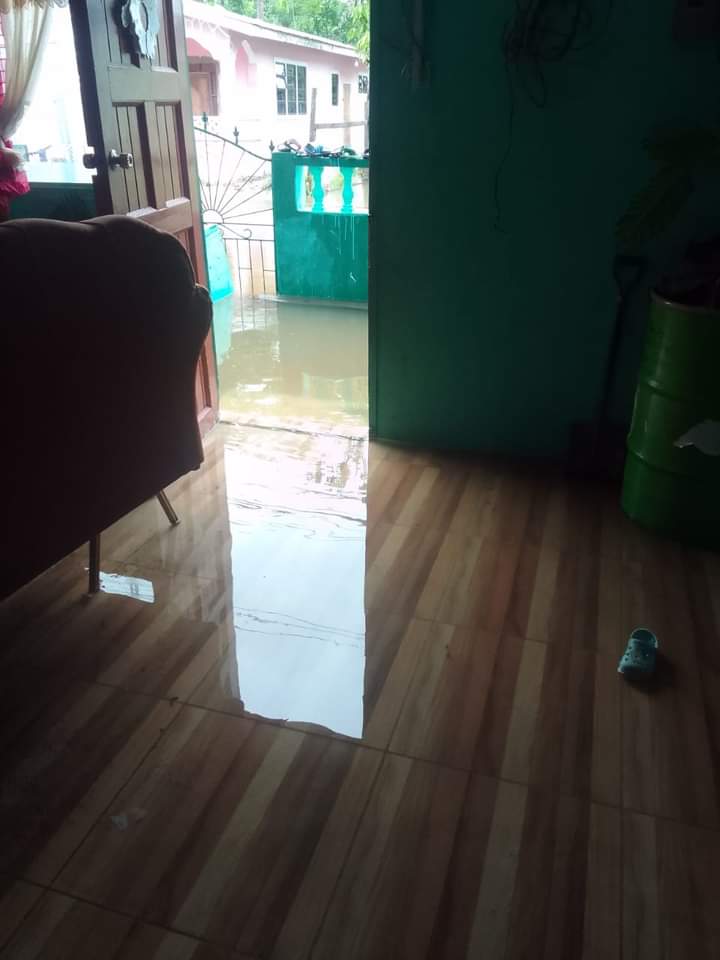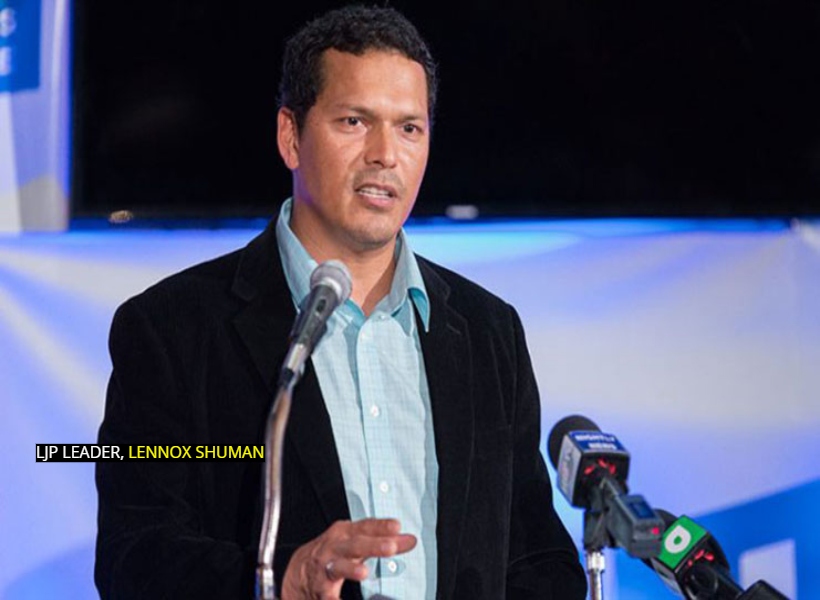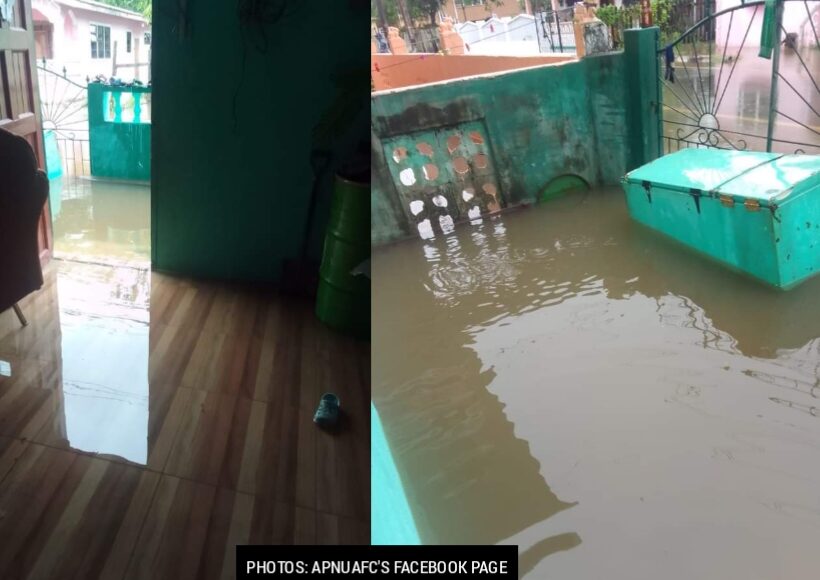Minister of Agriculture, Zulfikar Mustapha, has issued a stern appeal to local authorities following significant flooding in Region 10, attributed to heavy rainfall and inadequate drainage maintenance. Speaking to the media today, Mustapha detailed the measures taken thus far by the government to mitigate the impact and prevent future occurrences.
Due to the May/June rainy season he said Region 10 has experienced substantial rainfall, recording approximately four and a half inches. This deluge resulted in extensive flooding, affecting numerous communities and disrupting daily life. The minister also highlighted that while the National Drainage and Irrigation Authority (NDIA) had maintained the main canals, local drainage systems managed by the Regional Democratic Councils (RDC) and municipalities were neglected.
“What we have done over time is work with other agencies and the Ministry of Public Works. We have mobilized a number of machinery in some of the canals. Some of those drainage systems were the responsibility of the RDC and the municipality.
“As a result of their failure to clean those drains on time, you have those excessive water accumulated, and people were flooded out,” he said.
Mustapha did not shy away from attributing the flooding to lapses in local governance. He criticized the local authorities for their failure to maintain drainage systems adequately, necessitating the intervention of the NDIA. To address the immediate crisis, he said, the NDIA had to mobilize both machinery and manual labor, while also collaborating with residents in areas such as West Watooka to clean the drainage systems.
“The main canals in the area that are normally maintained by the NDIA were cleaned. We had to also mobilize manual cleaning with residents there to clean the drainage systems like West Watooka…We have also had received some help from Bosai. They have helped us with two hydraulic excavators,” Mustapha added.
In a move to prevent similar situations in the future, Mustapha urged local authorities to prioritize drainage maintenance in their communities. “I want to appeal to the local body, especially municipalities and local authorities, that they must continue to maintain these drains in their community,” he stressed.
The situation in Georgetown serves as a contrasting example. Despite recent heavy rainfall, the capital has not experienced severe flooding. Mustapha attributed this success to proactive measures and collaboration between the government and residents.
“We are working with citizens across Georgetown to see how we could clean some of the internal drains. Although these responsibilities also fall within the municipality, we are working around the clock with every stakeholder to maintain a system in place.”
Currently, Georgetown is equipped with 12 functional pumps, with three engineers assigned full-time to monitor the drainage system. These engineers ensure that sluices are opened timely and that pumps are operational, addressing any mechanical failures promptly.
(Photos extracted from APNUAFC’s Facebook page)













